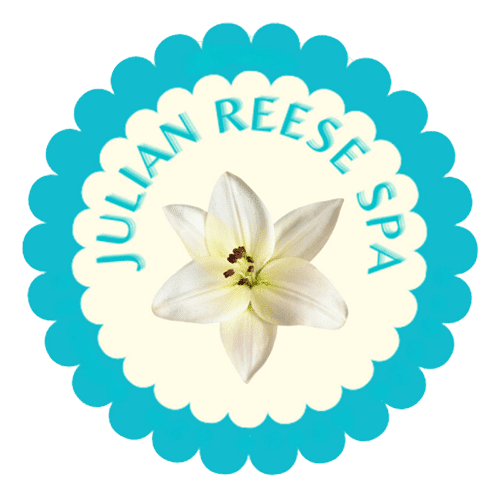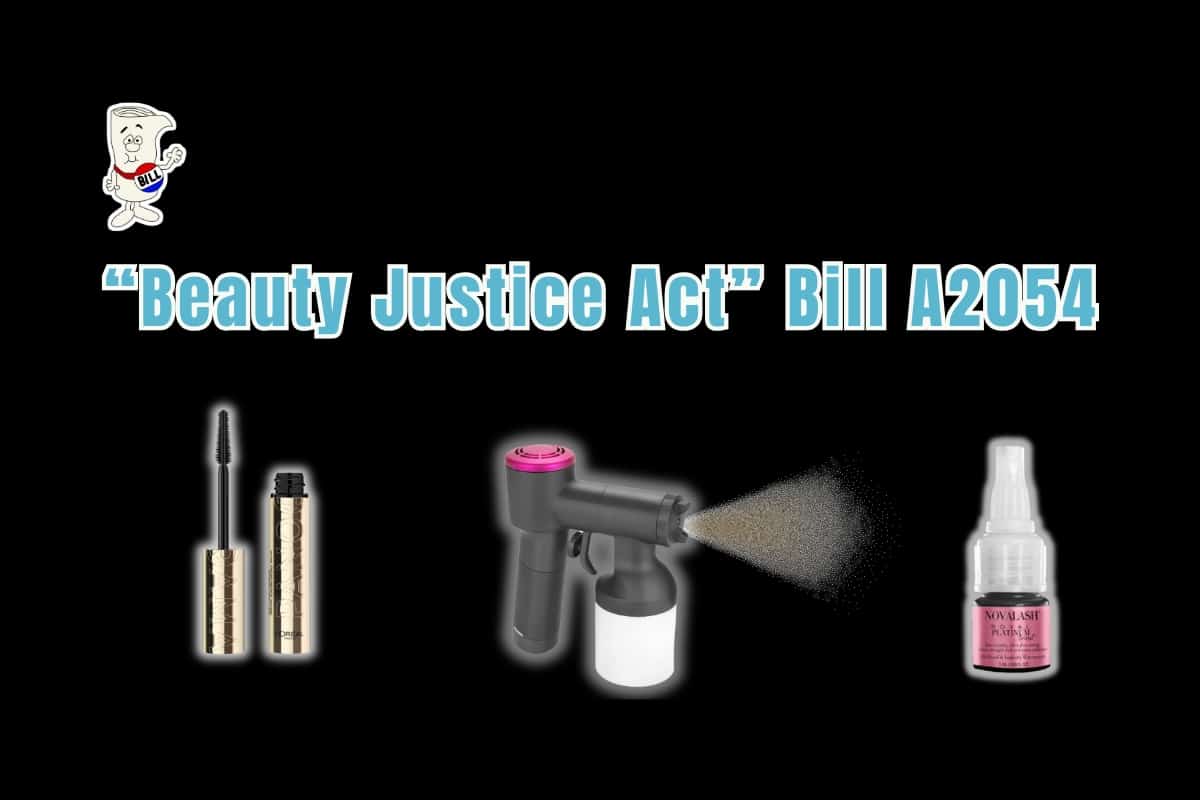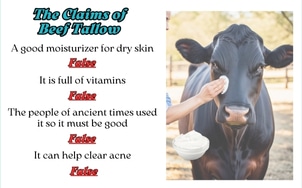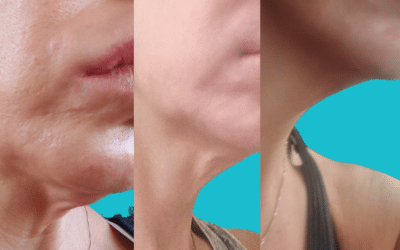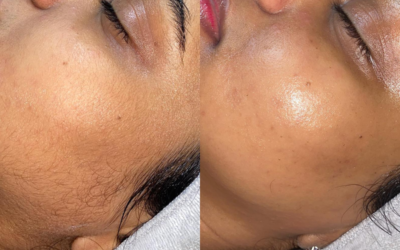If you wear black mascara, black eyeliner, get eyelash extensions, use at home self-tanners, or receive spray tans, you need to know about this.
What the Proposed Ban on Cosmetic Ingredients Could Mean for the Future of Beauty
A new proposed bill A2054 or the “Beauty Justice Act,” is currently in the committee assembly stage. If passed, it would regulate specific ingredients and prohibit the sale of products containing them. This will have a big impact on a specific pigment often used in black mascara, eyeliner, eyelash extension glue as well as most spray tans.
On average women use 12 personal care products a day, exposing themselves to 168 chemical ingredients.
The bill says that “federal restrictions of harmful chemicals in personal care and cosmetic products are inadequate to educate and protect consumers and salon workers.
Most of the ingredients included in the bill weren’t surprising and most are either not added to modern cosmetics or are being phased out.
Let’s address the two that stood out which seem misguided and problematic for sure.
Carbon Black is a color additive frequently used in “blackest black” or “ultra black” mascaras and eyeliners. Carbon black is in the “certifiable” color category, which means “every lot made has to go to the FDA laboratories for testing against a list of specifications” before it can be sold for use in cosmetics. If carbon black is banned companies will have to do “significant reformulation” of those “blackest black” eye makeup products and they will never be the same!
The only minimally close substitute to Carbon Black is Black Iron Oxide, which can skew more red or brown, and it behaves differently in a product than Carbon Black. This ban will affect eyelash extension glue, eyelash tinting and so much more.
Spray tan and home self-tanners could also be impacted by the bill. DHA (dihydroxyacetone), the active ingredient that gives skin its bronze color, is a formaldehyde donor, so the bill includes DHA in its list. Keep in mind that DHA is FDA approved for external use.
Companies are not purposefully adding supposedly BAD ingredients to their products to harm their customers. They are typically left with no other GOOD option to achieve the same level of preservative or desired outcome of the product being manufactured.
Parabens and Benzene have been hot topics for years and they have been removed from many products due to clean beauty-based backlash stemming from potential health concerns.
I BET YOU DIDN’T KNOW – the truth is that Parabens also occur naturally in the body, and you can also find them in certain foods. As far as Benzene, it is not intentionally added to most products. It’s typically the result of contamination during manufacturing or a byproduct from an ingredient breaking down within the overall ingredients of the product. So, it is important to look at the bigger picture.
The bill is rightfully intended to protect consumers, however, banning ingredients by characterizing materials as either inherently good or inherently bad is far too broad and takes away our options and right to choose.
Remember the saying “dose makes the poison” and we must factor in things such as levels of use, how these ingredients interact with other materials, and how much your exposure is from all the various sources.
I think as a nation we are privileged to have a great deal of transparency and education right at our fingertips and we should be allowed to make some choices about our tolerance for risk on our own.
Send this to a beauty professional or friend.
Go follow our Instagram page to share how you feel about this subject.
